The challenges and prospects for “Managing Natural Resources for Development in India” are embedded in the mission and work of the International Development Research Centre (IDRC). Since its establishment in 1970s, IDRC has a long-standing reputation for supporting applied research on environment and natural resource management (NRM) in India and other developing countries. This is illustrated by the significant roles that IDRC played in the preparations of the 1987 World Commission on Environment and Development and the 1992 United Nation Convention for Environment and Development (the Earth Summit) that developed Agenda 21. IDRC was also instrumental in the establishment of international research organizations such as the World Agroforestry Centre (ICRAF) in Nairobi and provided consistent support to regional Indian networks such as the India Highlands Initiative, the Center for Environmental Economics and Policy in India, the International Union for Conservation of Nature, and many more, to develop innovative ways for the implementation of sustainable development agenda.
A key thrust of IDRC investments in the past four decades has been the emphasis of interdisciplinary, multi-stakeholder gender responsive participatory research approaches to natural resource management that recognize the competing demands on their use and conservation for social, economic and environmental benefits. In India and in other parts of the developing world, IDRC has supported applied research in the strategic areas of community-based natural resources management; rural development, land and water management; biodiversity, food systems, health and the environment, environmental economics and climate change adaptation. And we are pursuing our efforts.
Over the next five years, IDRC will continue to support research done by Indian scientists and their partners to confront the biggest challenges of the 21st century: food insecurity, climate change, water and energy scarcity, emerging infectious diseases and globalization. Many of these challenges and opportunities require innovative integrated and multidisciplinary approaches. This book reflects these emerging challenges and demonstrates that Indian universities are prepared to contribute to meeting sustainable development goals of managing natural resources more effectively.
This book takes the field of NRM and its mainstreaming in Indian universities a major step forward. Its focus on contextualizing and adapting the theories, principles, frameworks, approaches and practices of NRM to Indian realities will contribute to enhancing the quality and relevance of university teaching and research standards; building stronger linkages between universities and training a new generation of Indian scholars, planners, policy- makers and development practitioners. I hope that many other universities and research programmes will be encouraged by this initiative, and inspired to become champions of transforming and innovating teaching, learning and research in Indian universities.

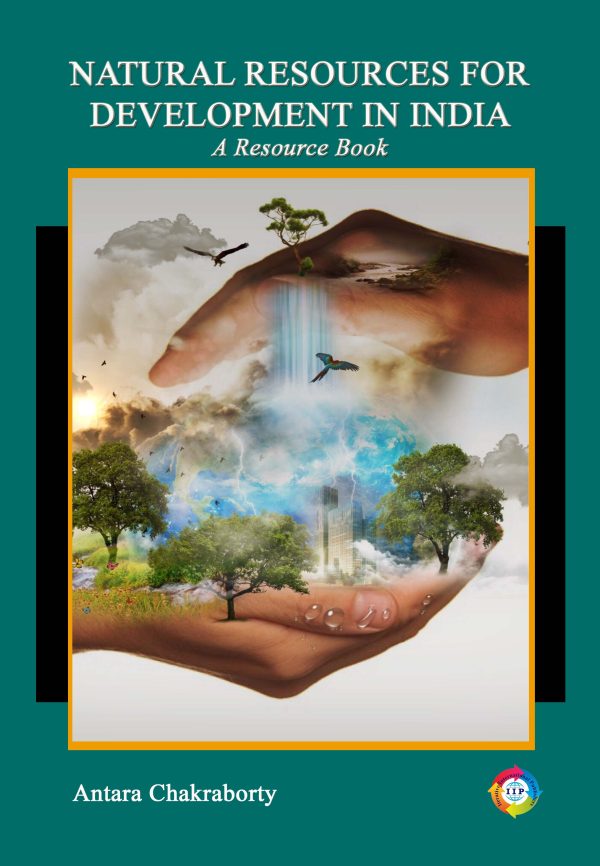
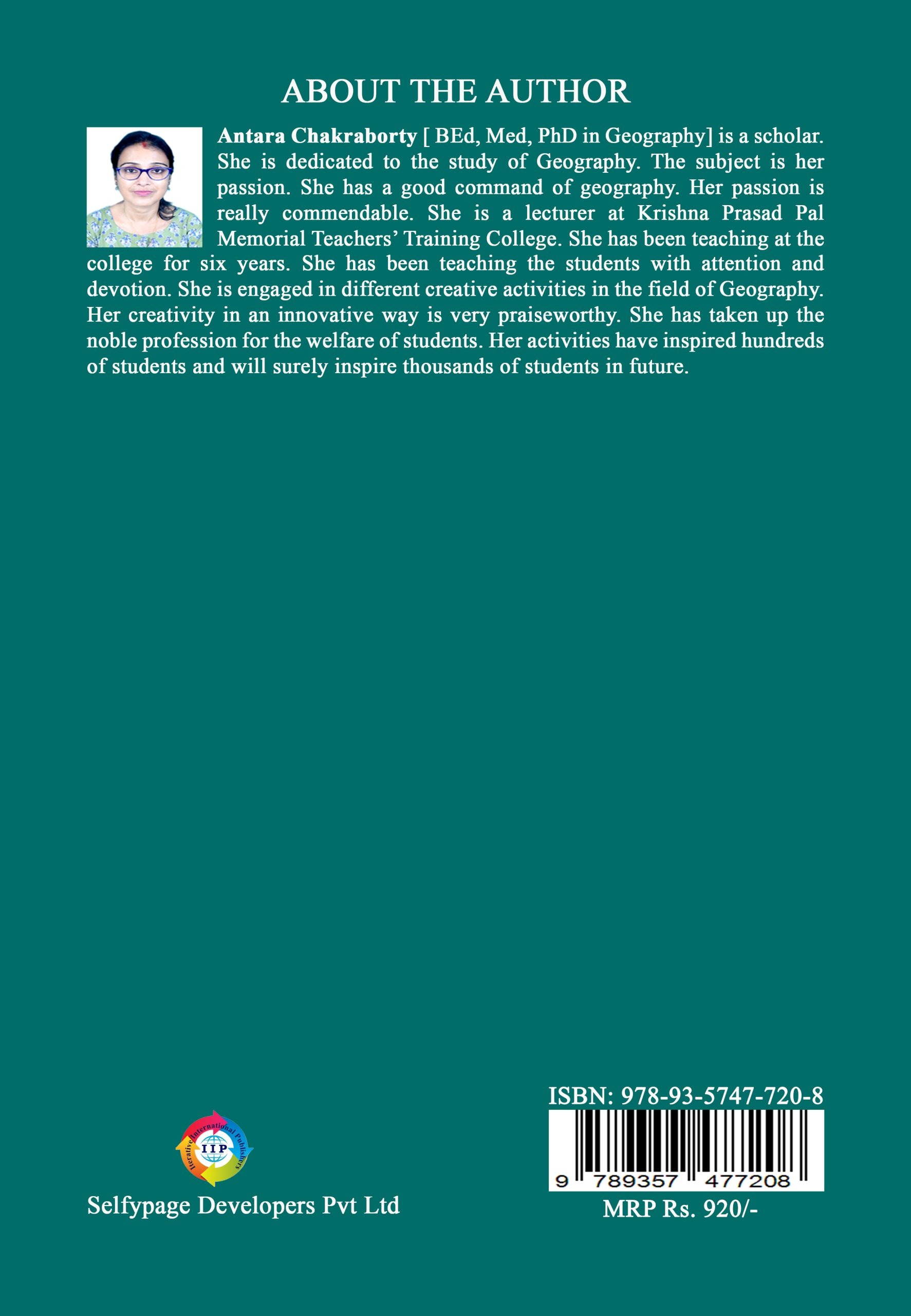
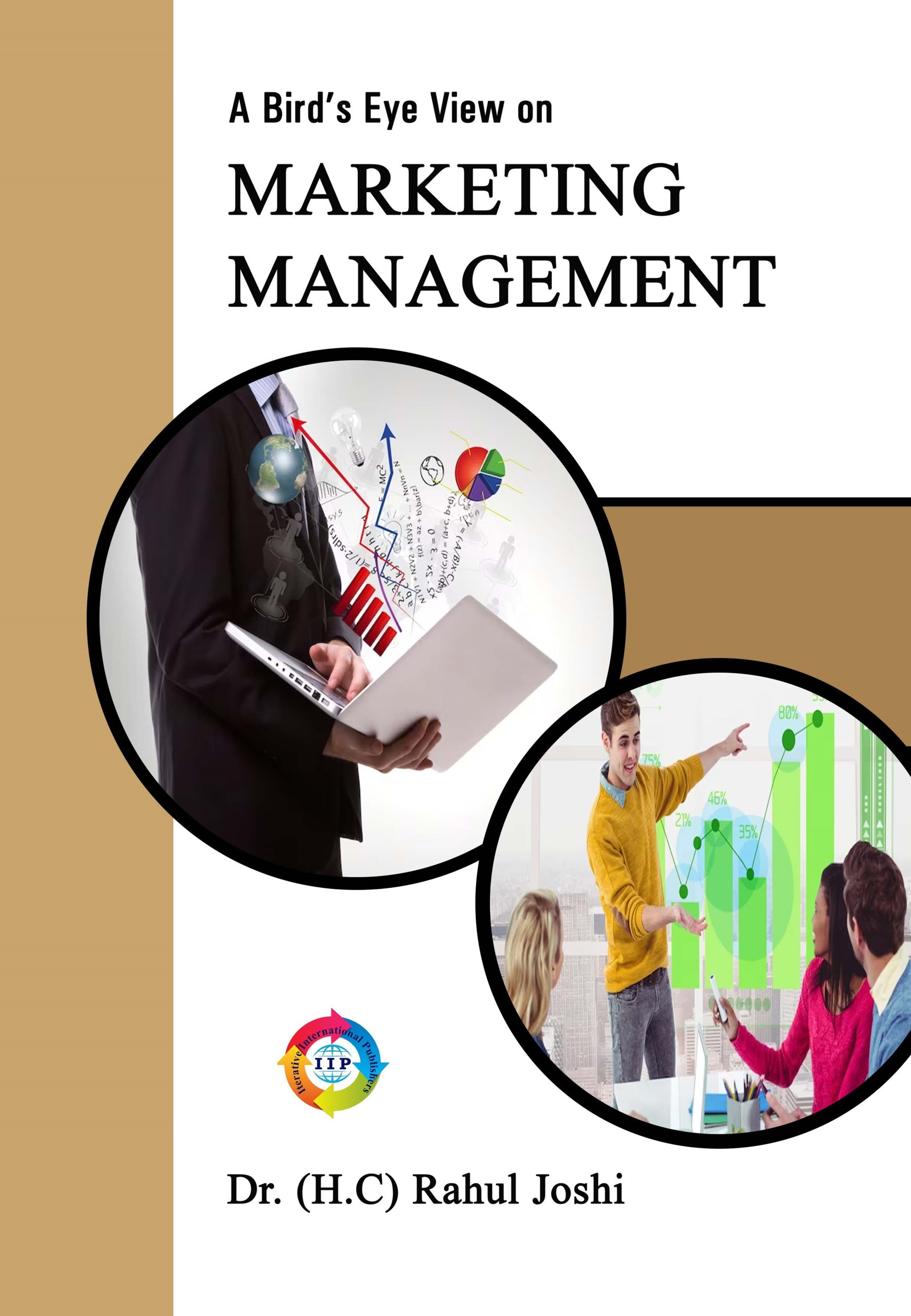
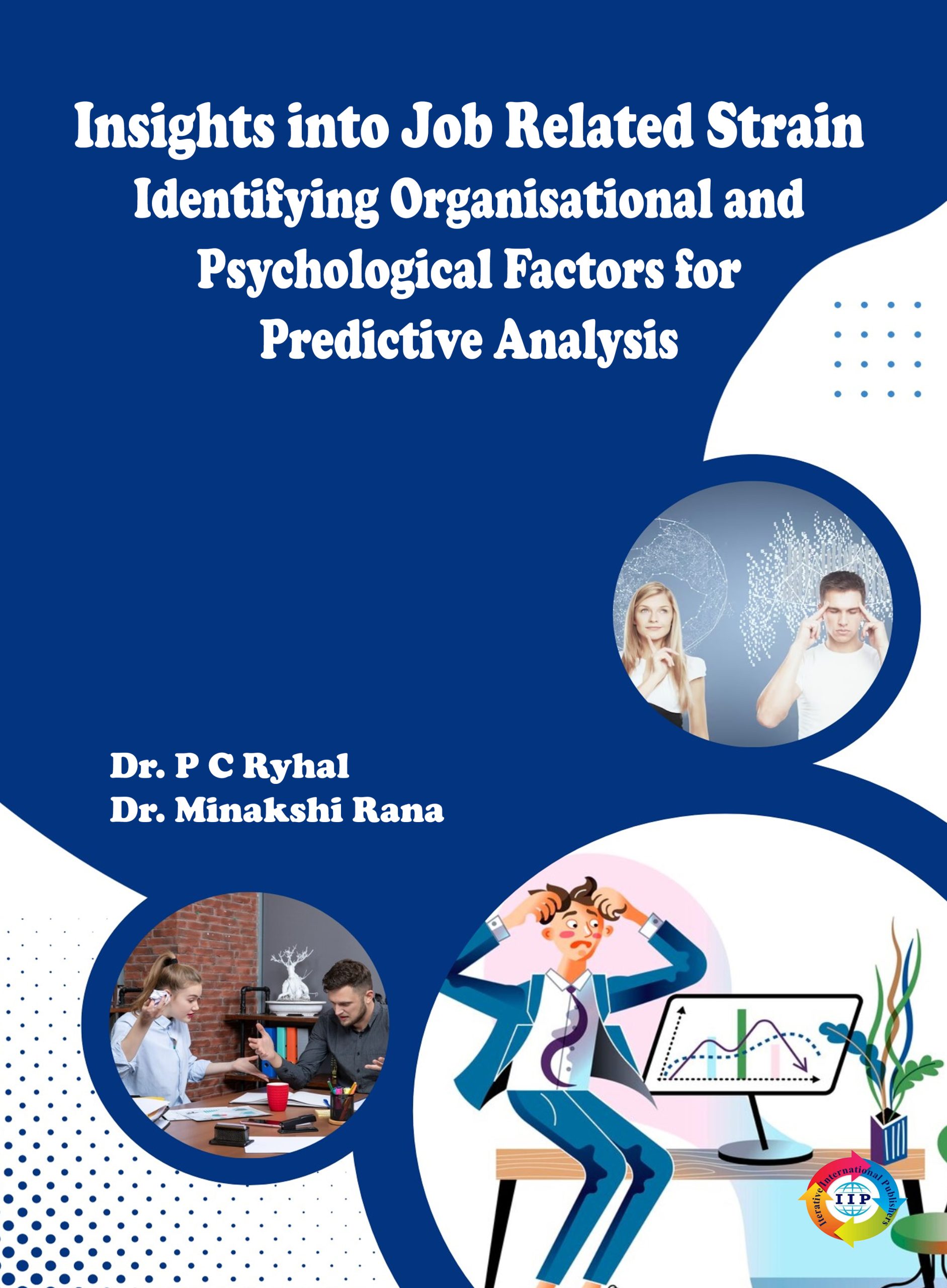
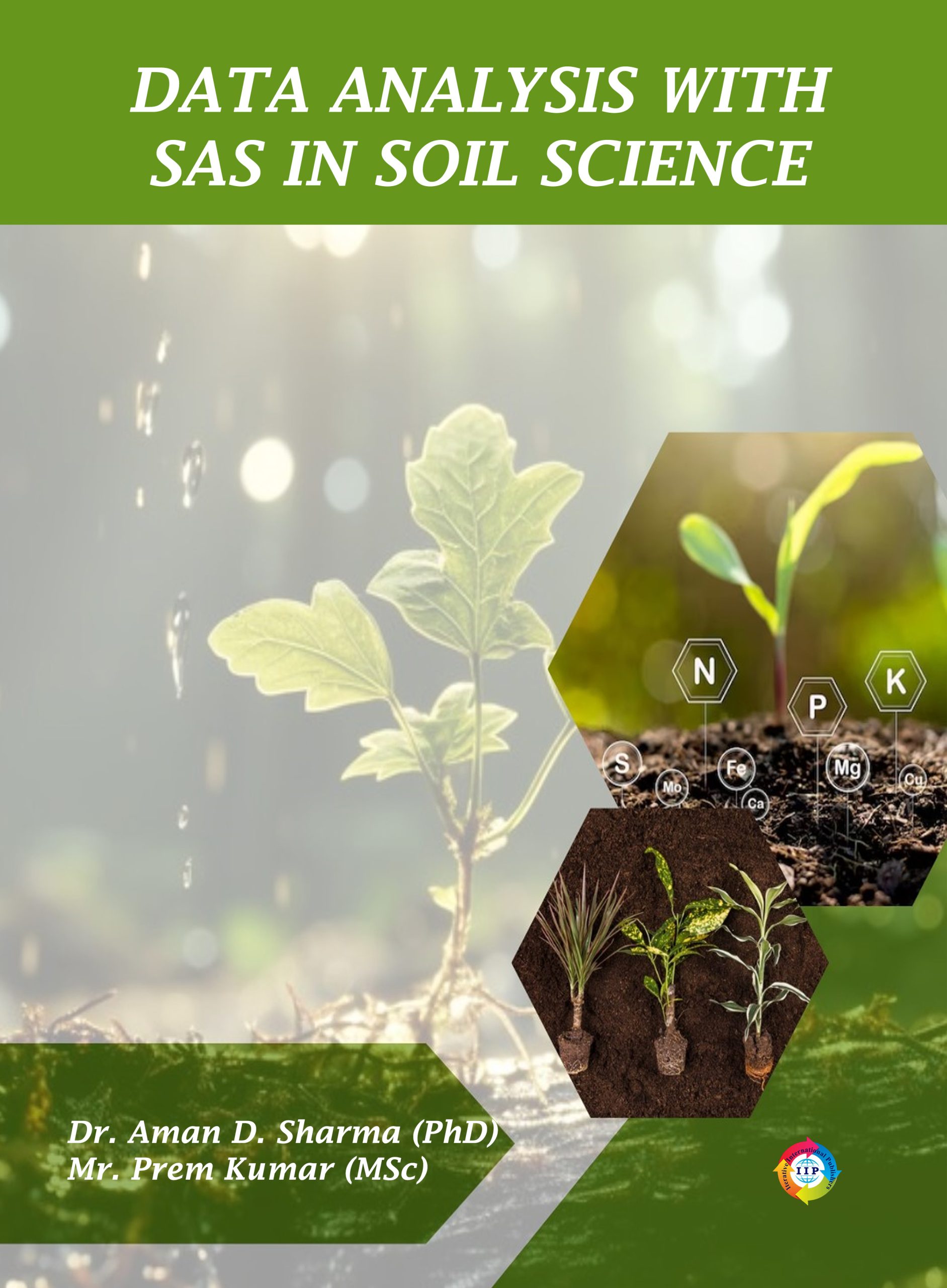

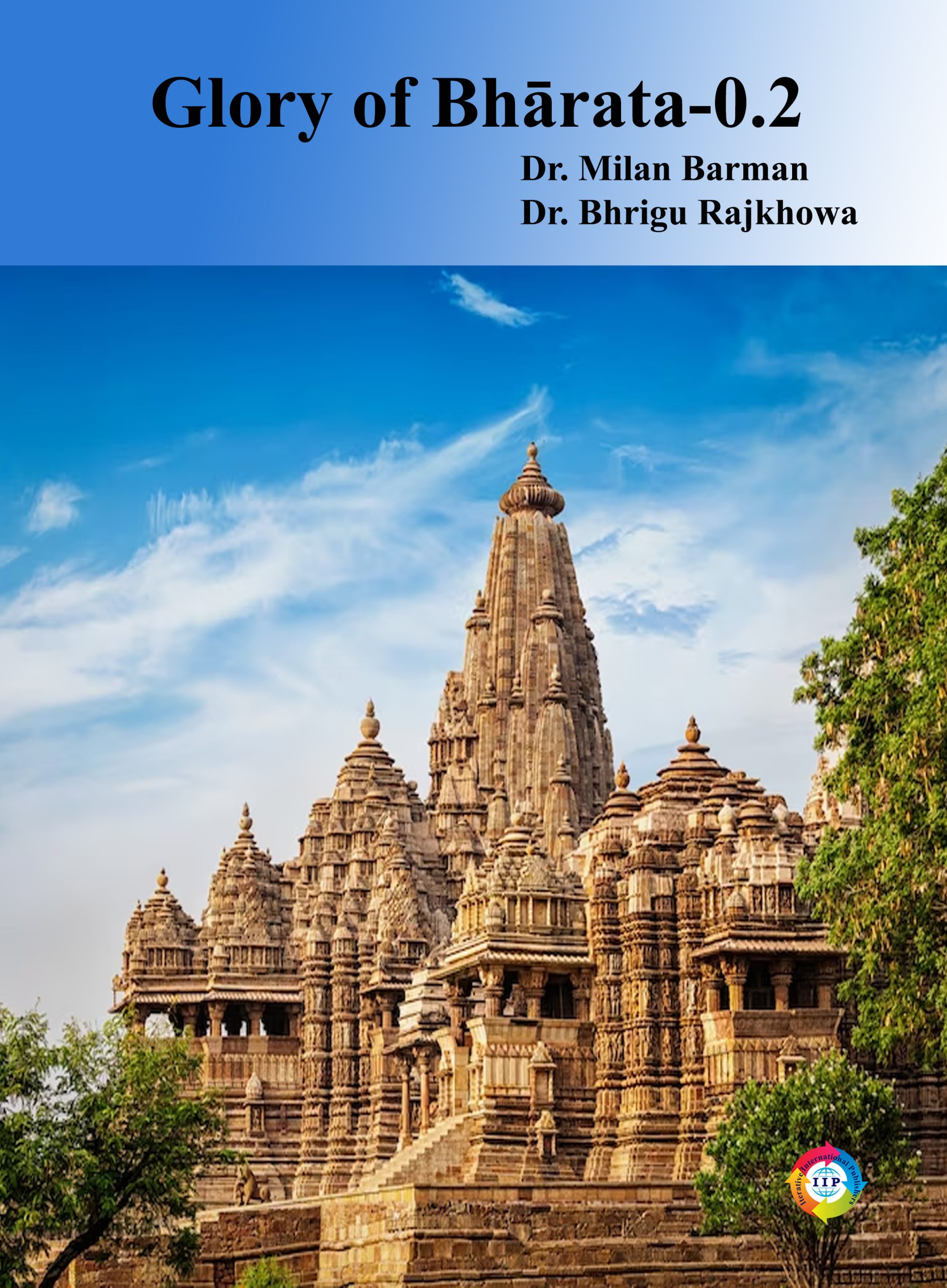
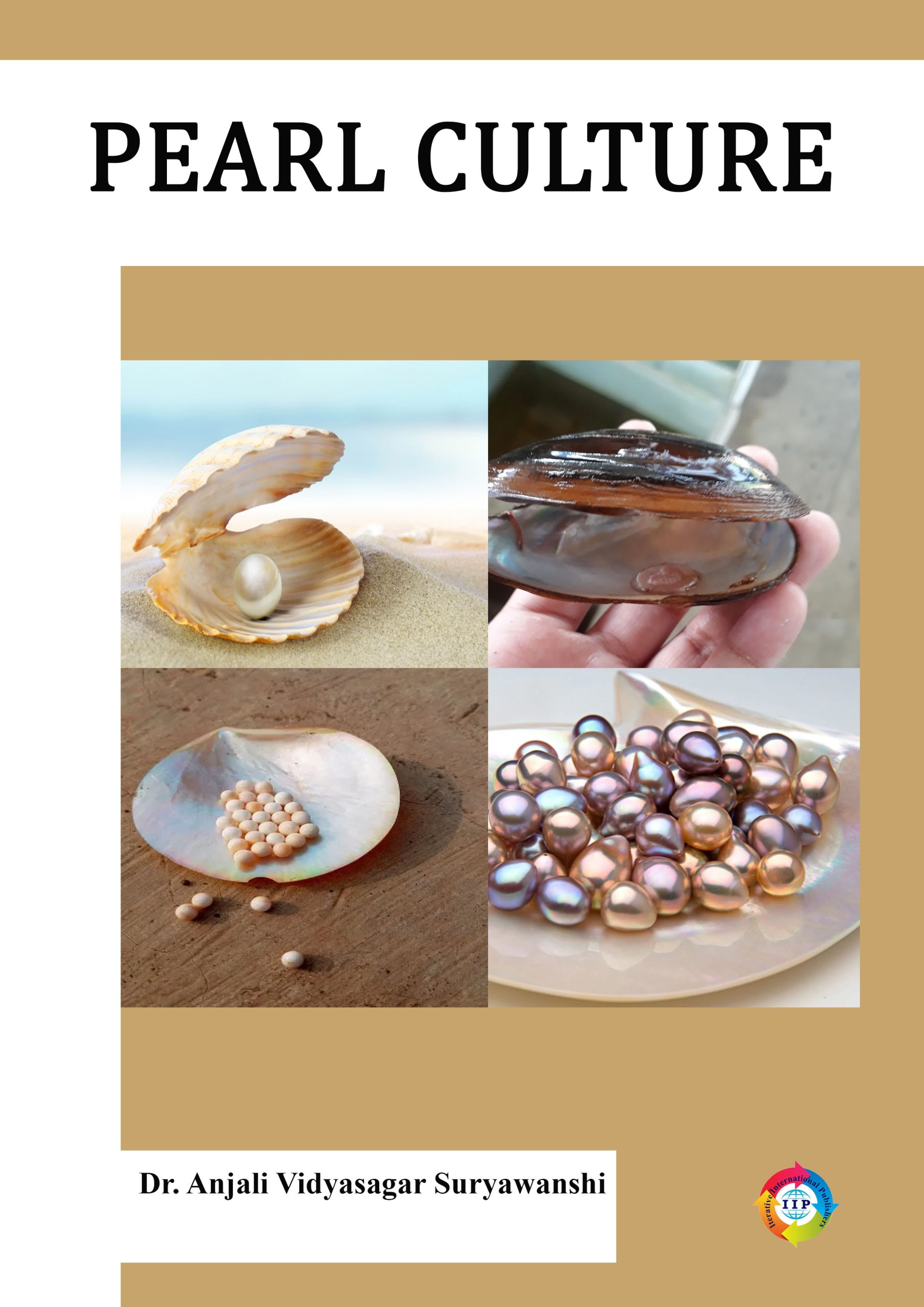
Reviews
There are no reviews yet.